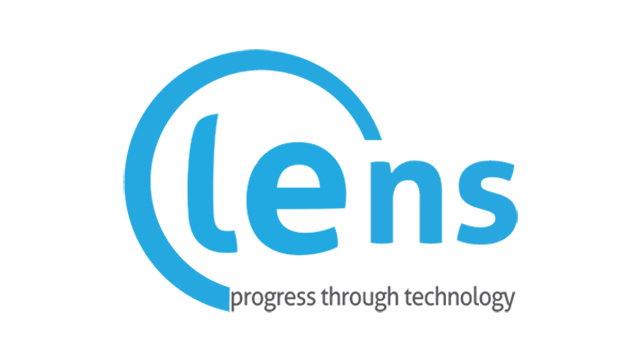Lens is doing a research on the presence and online services provided by local government by analyzing and monitoring official websites of Kosovo municipalities.
The research is divided into two parts, how much information a website has and how necessary is that information to citizens.
Web or virtual life has become an indivisible part of global society in recent years. According to some statistics published by STIKK, 76% of Kosovars have access to the Internet. This gives us an understanding that the internet is used to a great extent.
The online presence of the Municipalities is, above all, of practical importance for the citizens but remains of interest to the municipalities as well, enabling them to present their work, to directly communicate with their citizens and interest groups, but also by enabling them to increase their transparency.
From the Ministry of Local Government Administration it is communicated that all municipalities of Kosovo are present online with their respective websites since the end of 2009 and have a basic web platform.
Lens is developing its research by monitoring and analyzing the amount of information released, the amount of information on municipal services and how to find the necessary information on municipal websites.
Lens is measuring the amount of information that each website displays and also the importance of that information to the citizen. How difficult is it for a citizen ë user connected to the network to find the information he/she needs on the municipal web site and whether that information exists on that web site.
Lens is also analyzing the information displayed in a municipal website, seeing how much information about the municipality is in that information, and how useful is that information for the citizens. Lens will come up with a detailed report for each municipality, statistical comparisons and a summary of what content they have how to refresh web pages on a daily, weekly, and monthly basis. The first phase of the research will be finalized in early May 2014.
